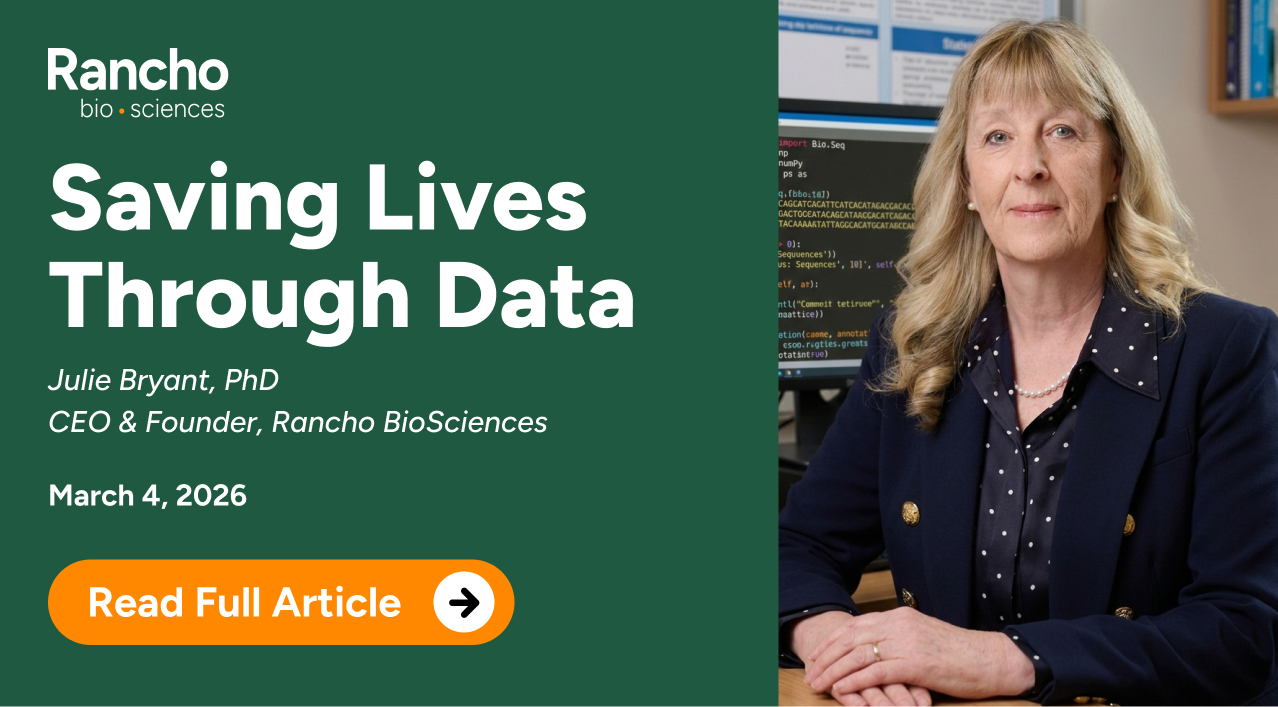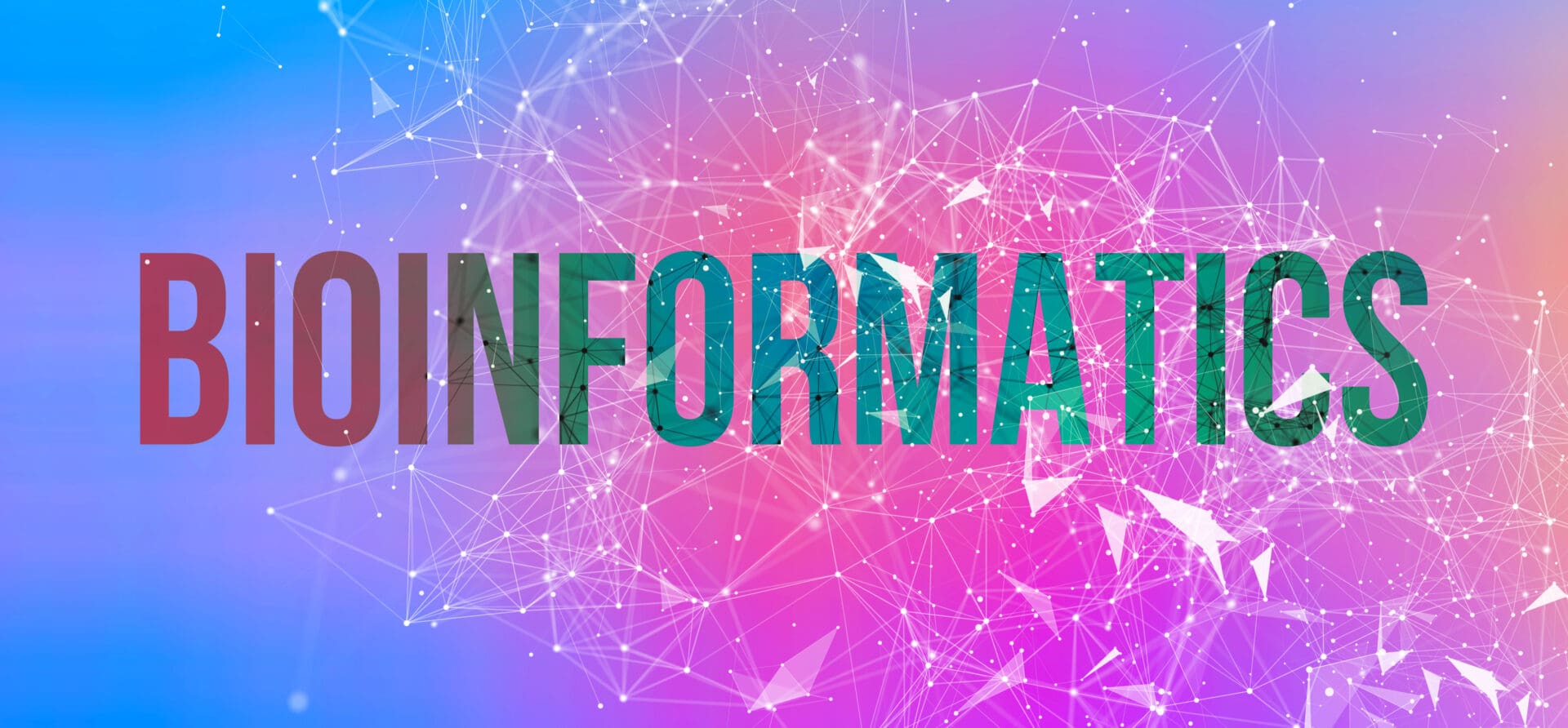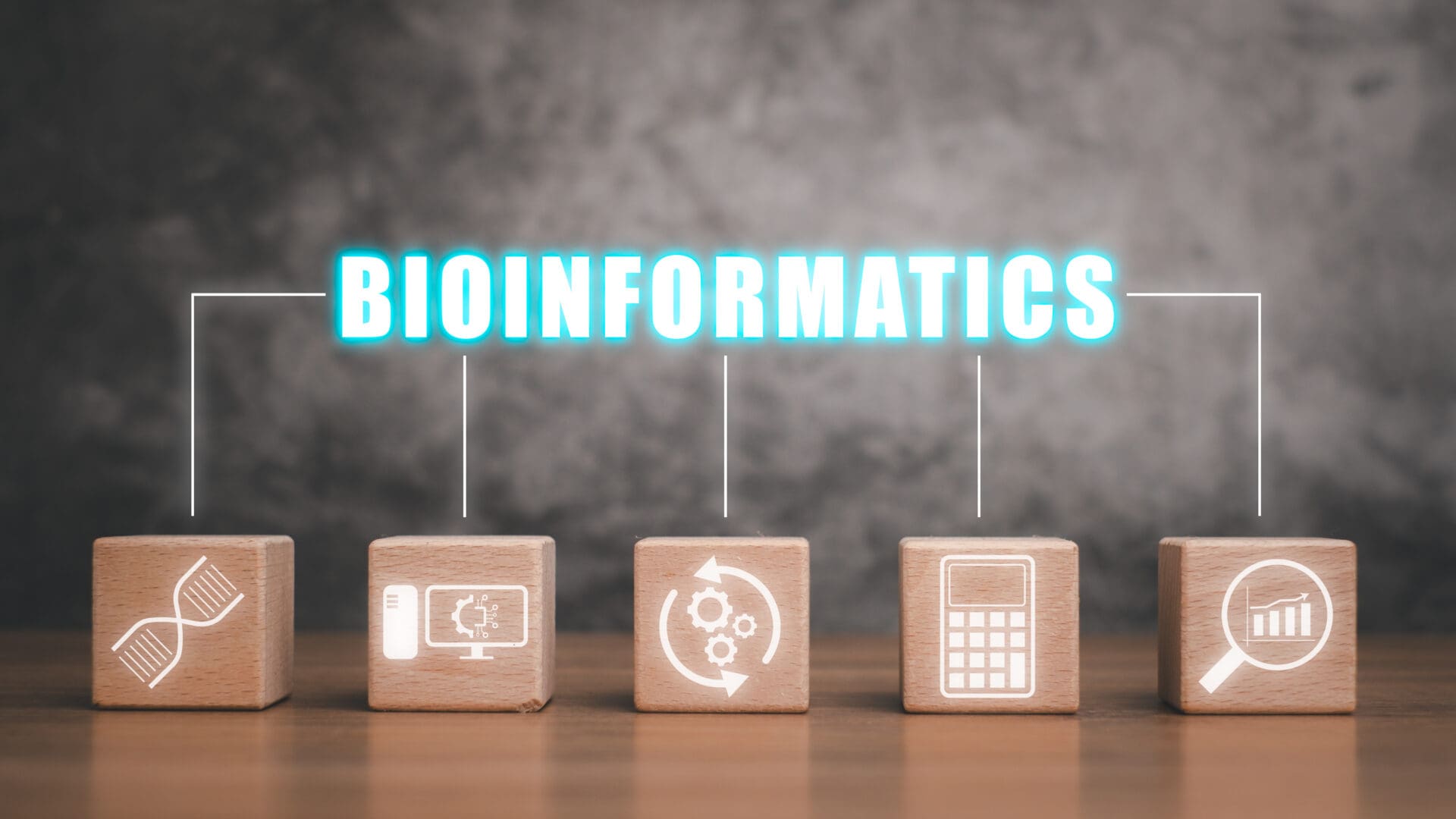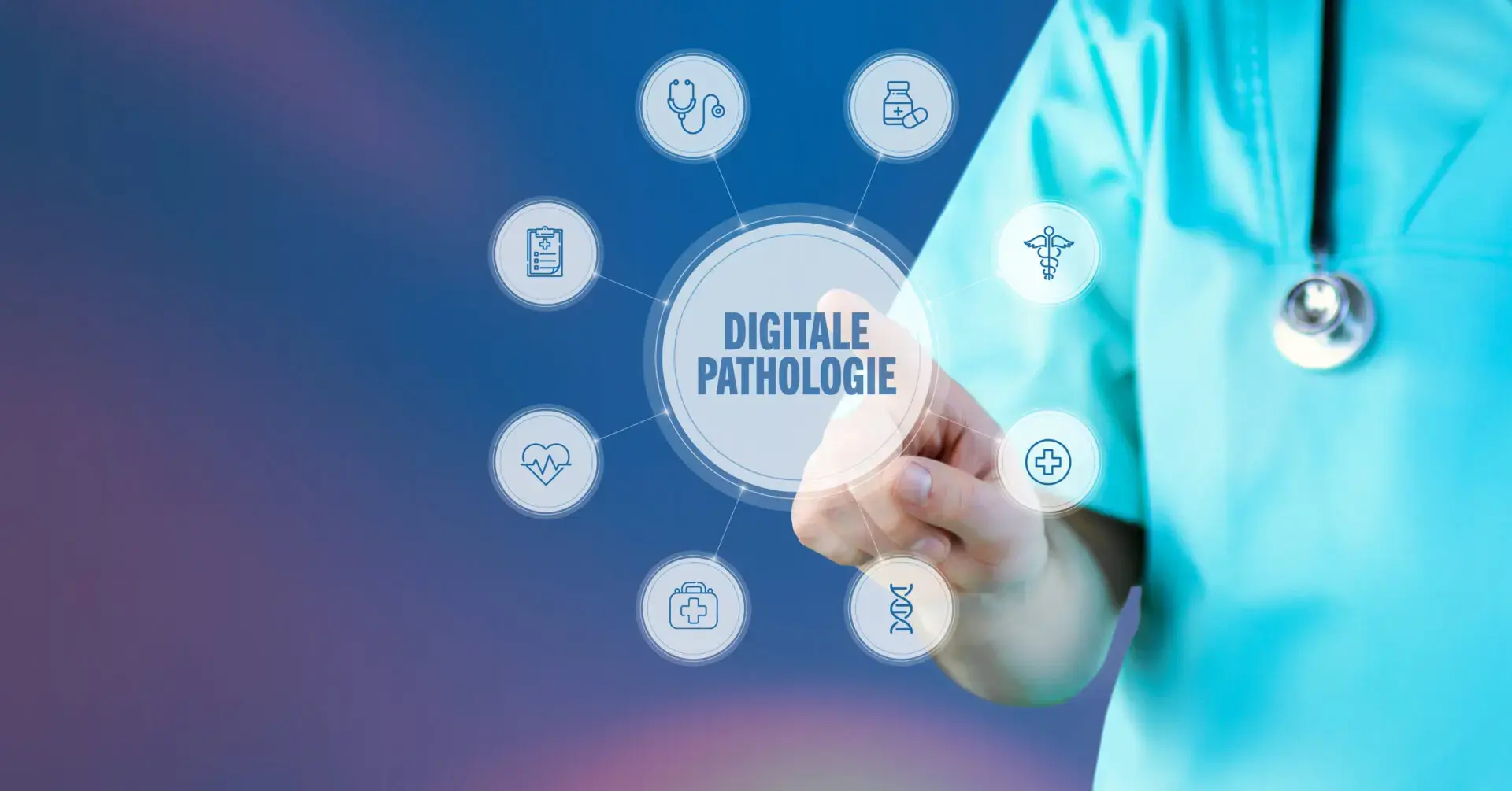Saving Lives Through Data: Seeing Trends Before They Happen
As Rancho BioSciences introduces its new identity, Founder and CEO Julie Bryant shares the story behind the company and the beliefs that shaped it....
Read our blog for expert guidance on data analysis, science, and more.

As Rancho BioSciences introduces its new identity, Founder and CEO Julie Bryant shares the story behind the company and the beliefs that shaped it....

In an era when biological data generation has reached unprecedented heights, bioinformatics technology has become the critical bridge between raw...

In the swiftly evolving field of bioinformatics, the integrity and reliability of data are paramount. Quality assurance (QA) data in bioinformatics...

The exponential growth of biological and biomedical data in recent years has created both unprecedented opportunities and significant challenges for...

The intersection of artificial intelligence (AI) and bioinformatics represents one of the most promising frontiers in life sciences research. As...

Data engineering plays a foundational role in the life sciences industry, supporting pharmaceutical companies, biotech firms, hospitals, and research...

In the realm of life sciences, data plays a crucial role in advancing research, developing therapeutics, and ensuring regulatory compliance. However,...

Digital pathology is revolutionizing the field of medical diagnostics, offering unprecedented opportunities for more accurate, efficient, and...

As the volume and complexity of biomedical data continues to grow, the importance of sophisticated data mining approaches will only increase....

CDISC standards have become an integral part of the clinical research process, particularly in regulatory submissions to the US Food and Drug...

In the rapidly evolving world of data-driven research, particularly in the pharmaceutical and biotech industries, the concepts of FAIR data and open...

Toxicology plays a crucial role in biomedical science, serving as the foundation for understanding how various substances interact with living...